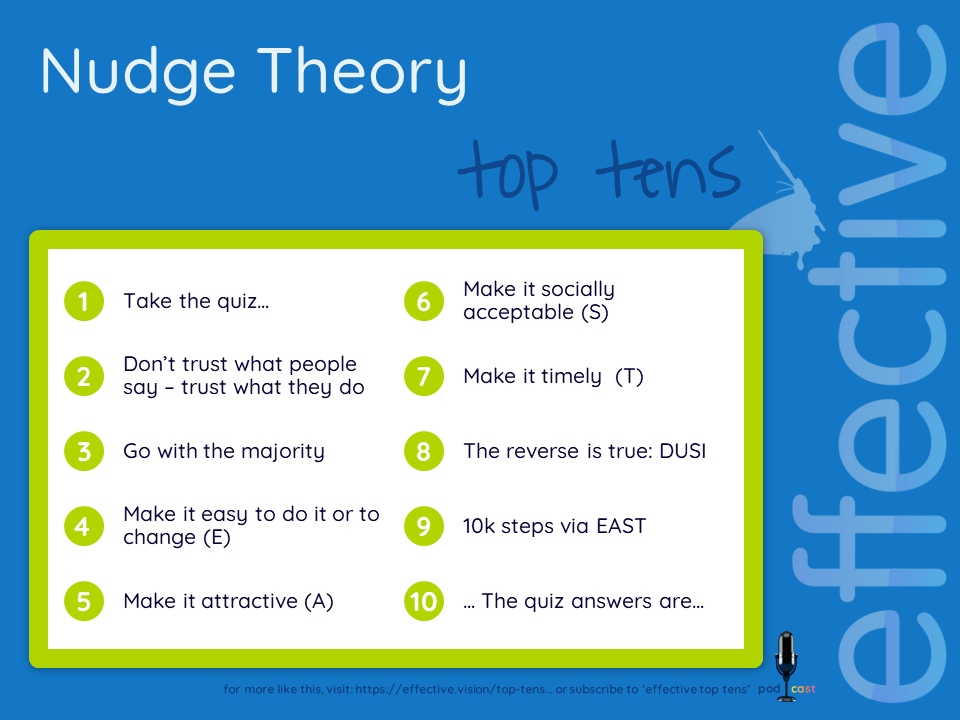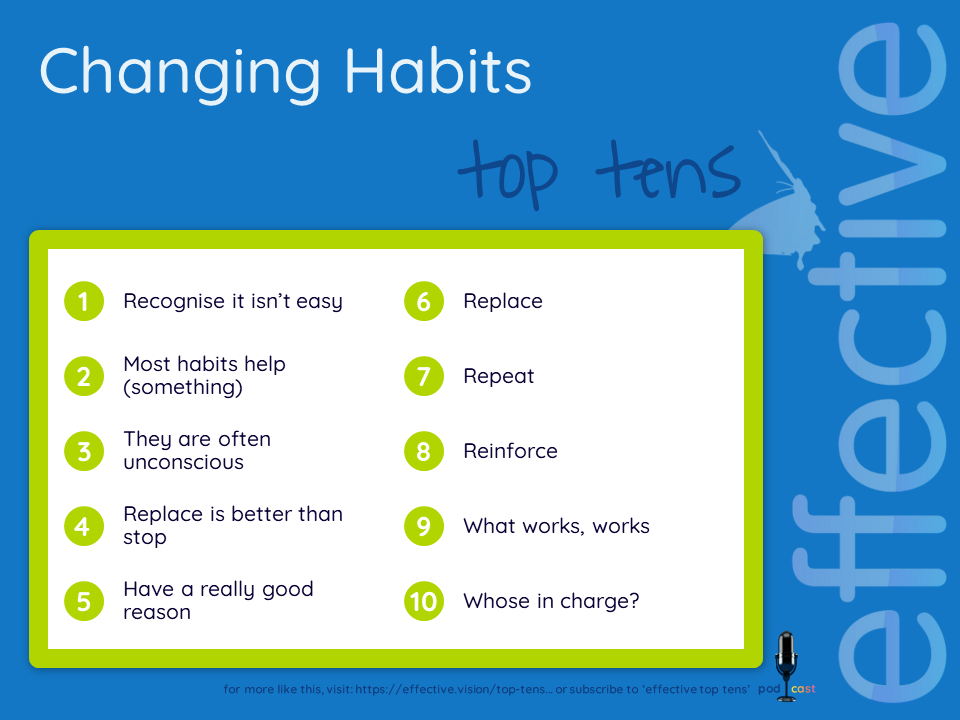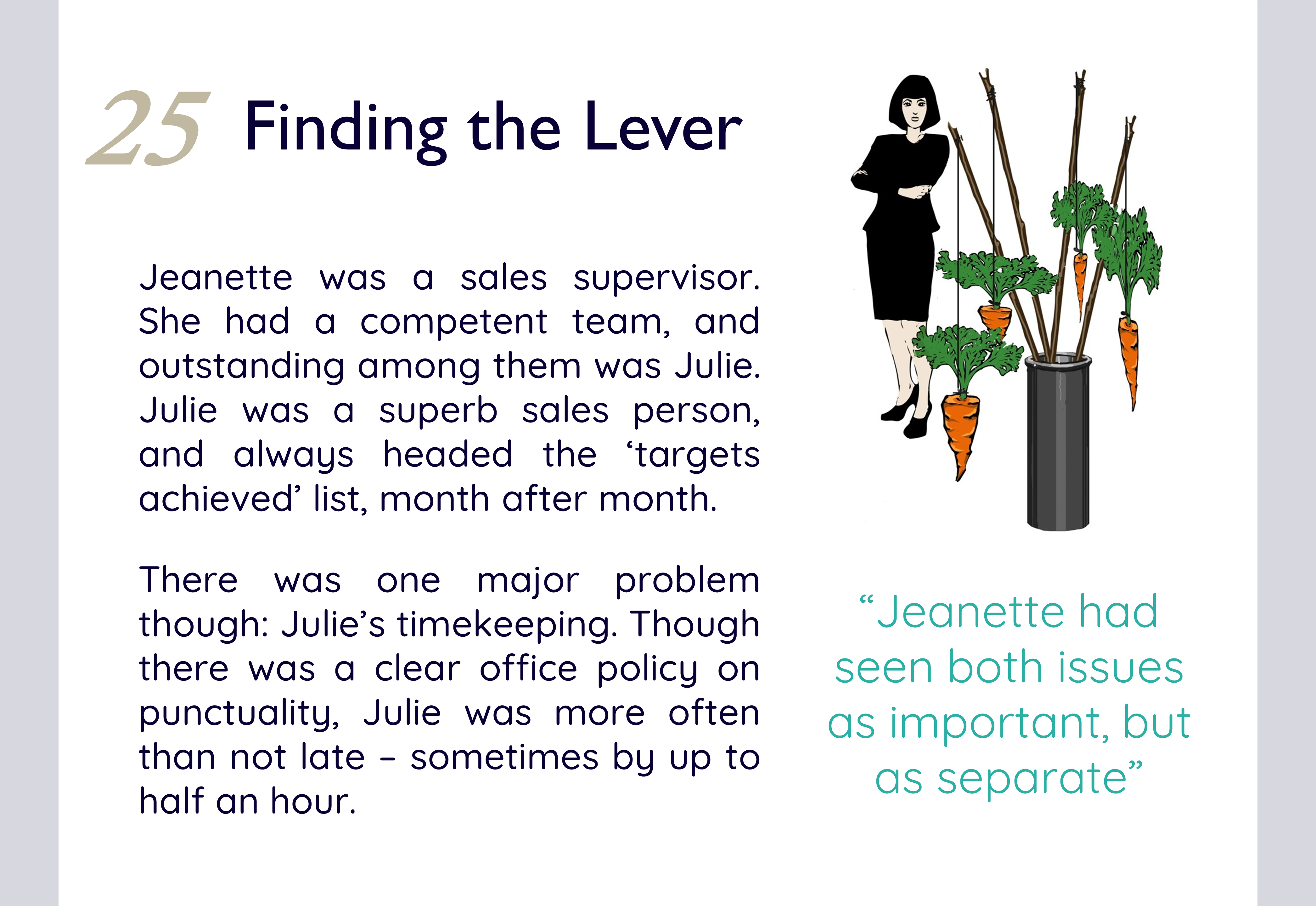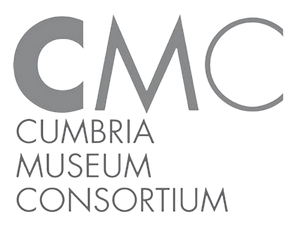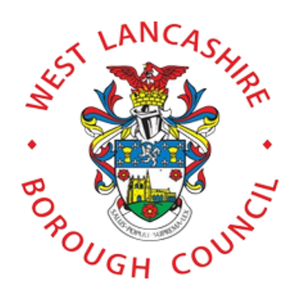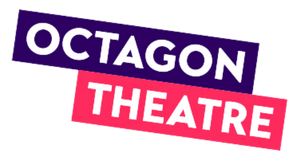Top Ten Tips on...
Nudge Theory
Before we begin...
... I'll ask you some questions.
Why would most people take lifts rather than the stairs? That's question one. Two - in Yellowstone park in America, the heavy rains brought some of the older fossils to the surface on some of the foot paths and the keepers of the park put some notices out saying, please don't take the fossils. They're very rare. Although they've come to the surface, just leave them, otherwise there'll be no fossils left. What this note did was have the reverse effect, in fact, it encouraged people to take the fossils. Why was that? Thirdly, why this did this fly tip occur? Fourthly, when is the best time to sell fertilizers to farmers? Okay. I'll provide the answers to those questions, all of which are relevant to today's theory, at the end of the podcast.
Don’t trust what people say – trust what they do
we often rely too much on questionnaires or focus groups or surveys because often people will tell you what they either think you want to hear or what they think they genuinely will do, that it is their intention. But in fact, as we all know, people don't always follow their intentions. And so what really matters is what people do, which is a focus of Nudge Theory.
Go with the majority
if your actions bring about a positive change or result for 80% of the those you are focusing on, then that’s a positive result. Deal with the remaining 20% in a different way. So we don't automatically have to have everybody on board. There will always be exceptions and we don't make particularly allowances for the exceptions: Nudge Theory prioritises strategies that work for the majority. If most people will do it, then it's worth doing.
Make it easy to do it or to change
This, and the following 3 tips are based on a key Nudge Theory acronym: EAST
The first of the four letters is E, representing Easy. The easier something is the more likely someone is to do it. So make things easy if you want them to happen..
Make the change, or the behaviour you want, attractive
make something attractive. If it's attractive, somebody will be interested in it and possibly do it because it's attractive.
Make it socially acceptable
people are generally herd animals. We will do what most people do. We will do what is socially acceptable. We tend to follow the norm of human behaviour. We conform – we don't like to stand out. So most people do it. As mentioned before, there will always be exceptions, but most people follow and conform.
Make it timely
make things timely for people, make it convenient in terms of time for people to do things.
The reverse is true: and that’s DUSI
If we reverse EAST, unfortunately as an acronym, we don't get WEST, more’s the pity, but we can have DUSI. So DUSI is difficult, unattractive, socially unacceptable and Inconvenient in terms of time. So let's take those two sets of four letters together. East encourages behaviour do see discourages behaviour. So if you want somebody to do something, use EAST. If you want to discourage someone from doing something, make it DUSI. They both work. They both influence human behaviour towards something which is EAST and away from something which is DUSI.
A personal example
I walk around ten thousand steps every day. How does that fit in terms of Nudge Theory? For me, EAST works well. I find it easy (much easier than running); attractive (fresh air and exercise); I do it early, when the family is asleep, so it is socially acceptable; and for the same reason it is timely – it doesn’t eat into my day. For others, the idea would be DUSI – not easy, not attractive, not socially acceptable, and not timely.
The quiz answers…
here are the answers to those quiz questions I asked right at the start. So why do people take the lift rather than the stairs? Because it's easier. When Yellowstone park asked people not to take the fossils that been washed to the surface because they were rare and scarce. That became an atrractive incentive for people to take them. Scarcity always produces extra demand. In terms of fly tipping, once somebody has put down a mattress or a fridge freezer in place, It becomes socially acceptable for other people to do the same. It may also be easier and more convenient to do that, than to take their rubbish to a more distant tip.
It's really bizarre - people who would not start the fly tip will nonetheless join it because the trend has been established. The pattern has been set. Finally, the best time to sell fertilizers to farmers has nothing to do with the crop season; it is to do when they're most likely to have money, to be able to afford the fertilizer. And the time for that is just after having sold their crops or produce. So it’s a matter of timeliness.
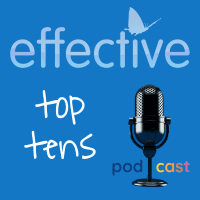
Related courses & resources...
Behavioural Science (‘Nudge Theory’)
Influencing Skills
Wellbeing
Top Ten Tips on...
Changing Habits
Habits, Commitment, Motivation & Context
'Finding the Lever'
Book Review:
Nudge
by R H Thaler & C R Sunstein
Don't like to email?...
That's ok. We love to pick up the phone.
... Or you can message us on whatsapp.
We'd love to e-meet you... let’s go for a virtual coffee :)
For workshops and coaching sessions, you can check availability & book using the form below. Pay now online, or later by invoice - it's up to you.
